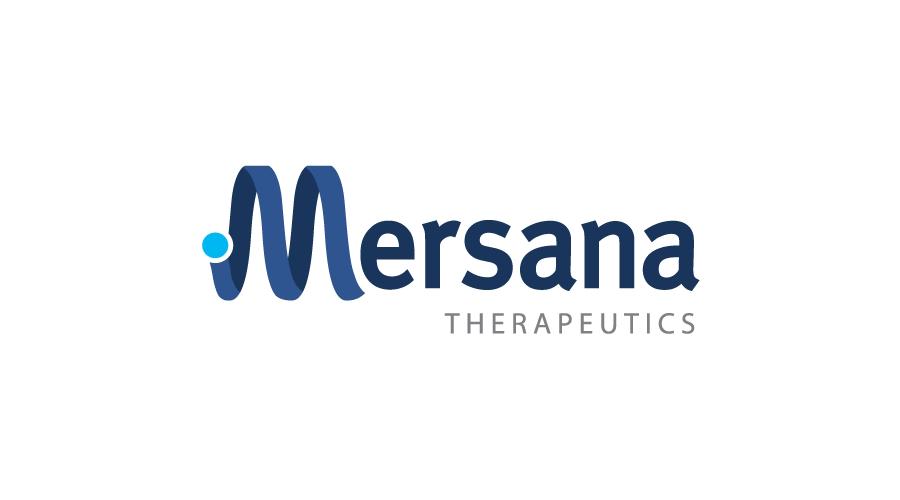Mersana stung by FDA hold on STING drug

A patient death in a phase 1 trial of Mersana Therapeutics’ antibody-drug conjugate XMT-2056 has resulted in the FDA formally placing the study on clinical hold.
The fatality is considered to be related to the drug treatment, according to the biotech, which is developing the STING agonist in collaboration with GSK under the terms of a $1.3 billion option deal agreed last year, which included an upfront payment of $100 million.
Shares in Mersana started to slide in the wake of the announcement, which noted that the company has already voluntarily suspended the trial. The serious adverse event linked to XMT-2056 and its cause remain “under investigation”, according to the Cambridge, Massachusetts-based biotech.
The open-label phase 1 trial got underway in January with the dosing of the first patient, and is designed to enrol 171 previously treated adults with advanced/recurrent solid tumours expressing HER2.
Mersana said the death occurred in the second patient who had been enrolled at the initial dose level in the dose-escalation portion of the study, adding that during the clinical hold, no patients will be enrolled or dosed in the trial.
STING (stimulator of interferon genes) emerged as a hot new target in oncology a few years ago, with several companies rushing to develop drugs that activate the protein, although early efforts have been disappointing. The rationale is that stimulating STING can in turn boost an innate immune response against cancer cells in the tumour microenvironment.
Merck & Co was leading the charge at one point, with its MK-1454 candidate, which flunked an initial readout as a monotherapy a few years ago and seems to have been shelved, while another drug from Novartis/Aduro was dropped in 2019.
Codiak Biosciences, meanwhile, placed its STING drug on hold after reporting initial clinical data last year, making Dallas-based Immunesensor Therapeutics looking like the furthest ahead in development after getting $16 million in funding last year to push its IMSA101 candidate into phase 2.
Other companies, including Bristol-Myers Squibb, Boehringer Ingelheim, and Takeda, have projects in early-stage trials, while GSK is also developing another agonist called GSK3745417 that is in phase 1 for solid tumours and myeloid malignancies.
For GSK, it is another potential blow to its oncology business, having been forced to withdraw another ADC – Blenrep (belantamab mafodotin) for multiple myeloma – from the US market last year after it failed a confirmatory trial.













